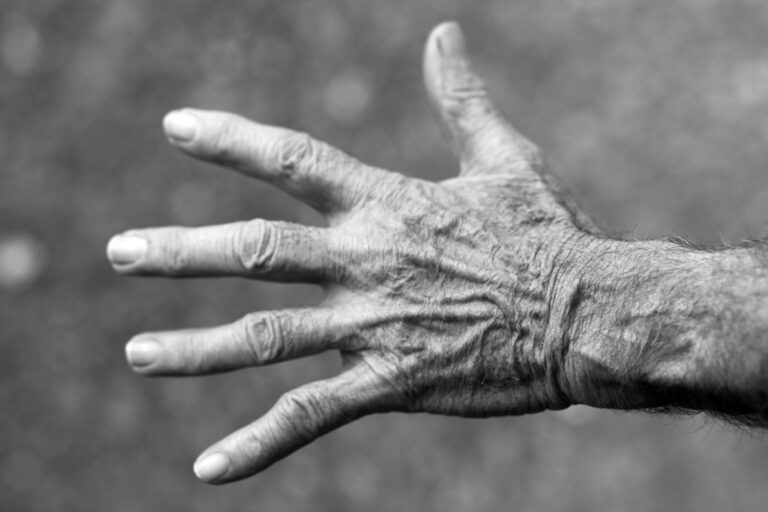On March 11, The Washington Post reported on efforts to expand the “right to die” in Oregon and elsewhere.
The state has passed legislation to study changing its law on “advance directives,” by which people can decide on future care in case they lose cognitive powers. A key supporter of this effort is Bill Harris, whose wife Nora recently died of Alzheimer’s disease. He is angry that caregivers spoon-fed his wife until two days before she died despite her advance instruction to the contrary.
Harris has sued the health facility and lost. The court noted that Nora kept opening her mouth to receive food even when she was unable to do much else. Harris said this should have been dismissed as a “reflexive” action.
The group End of Life Washington as well has distributed instructions on how people can demand in advance that they be starved to death if they develop dementia.
Stephen Drake of the disability rights group Not Dead Yet sees this trend as troubling. “It really is a big game changer in the number of people whose lives can be ended when they’re in vulnerable situations,” he said.
It’s troubling indeed, in three ways.
First, advance directive laws have generally not assumed that such documents can substitute for decisions made in the here and now. They generally allow a directive refusing treatment to be overridden by the patient at any time and in any state of mind by destroying the directive or speaking or acting otherwise.
This is a wise policy. Many able-bodied people say they would “rather be dead” than live with a severe disability or chronic illness. Many who develop disabilities later in life say they were suicidal at first, feeling they had lost the life they were accustomed to — but after a period of adjustment, with loving support they found value in the life they now had.
Thus when the President’s Council on Bioethics published its 2005 study “Taking Care,” it asked, When I am able-bodied, do I have the right to discriminate against the person with disabilities I will become? The sensible answer is no.
Second, many laws allow for advance directions on artificially assisted feeding such as by nasogastric tube — but they insist this does not apply to oral feeding. Oregon’s law is of this kind. The campaign to define tube feeding as optional “treatment” relied heavily on the argument that it is not like oral feeding, a form of basic care that we all need as infants and may need again as we age.
Now “right to die” supporters are jettisoning the distinction that got them that far. This is not an ethical argument but a “bait and switch” marketing ploy.
Third, if we can starve our demented seniors to death, why not finish them off more quickly?
Canada has begun to answer this question. Its law allows euthanasia when “natural death has become reasonably foreseeable.” The leading physicians’ group in British Columbia recently declared that this includes patients whose only “terminal” condition is that they are no longer getting food.
In Oregon, too, the law allowing assisted suicide for people expected to die in six months is being interpreted to include people who could live a long time with treatment but will die soon without treatment. If oral feeding is “treatment,” we are all terminal, thus eligible for assisted suicide once we are denied food.
The U.S. assisted-suicide movement has ridiculed slippery-slope arguments, saying we will never follow the Netherlands in approving assisted suicide for people who only have dementia. It seems we are almost there now.
Copyright ©2018 Catholic News Service/U.S. Conference of Catholic Bishops.



